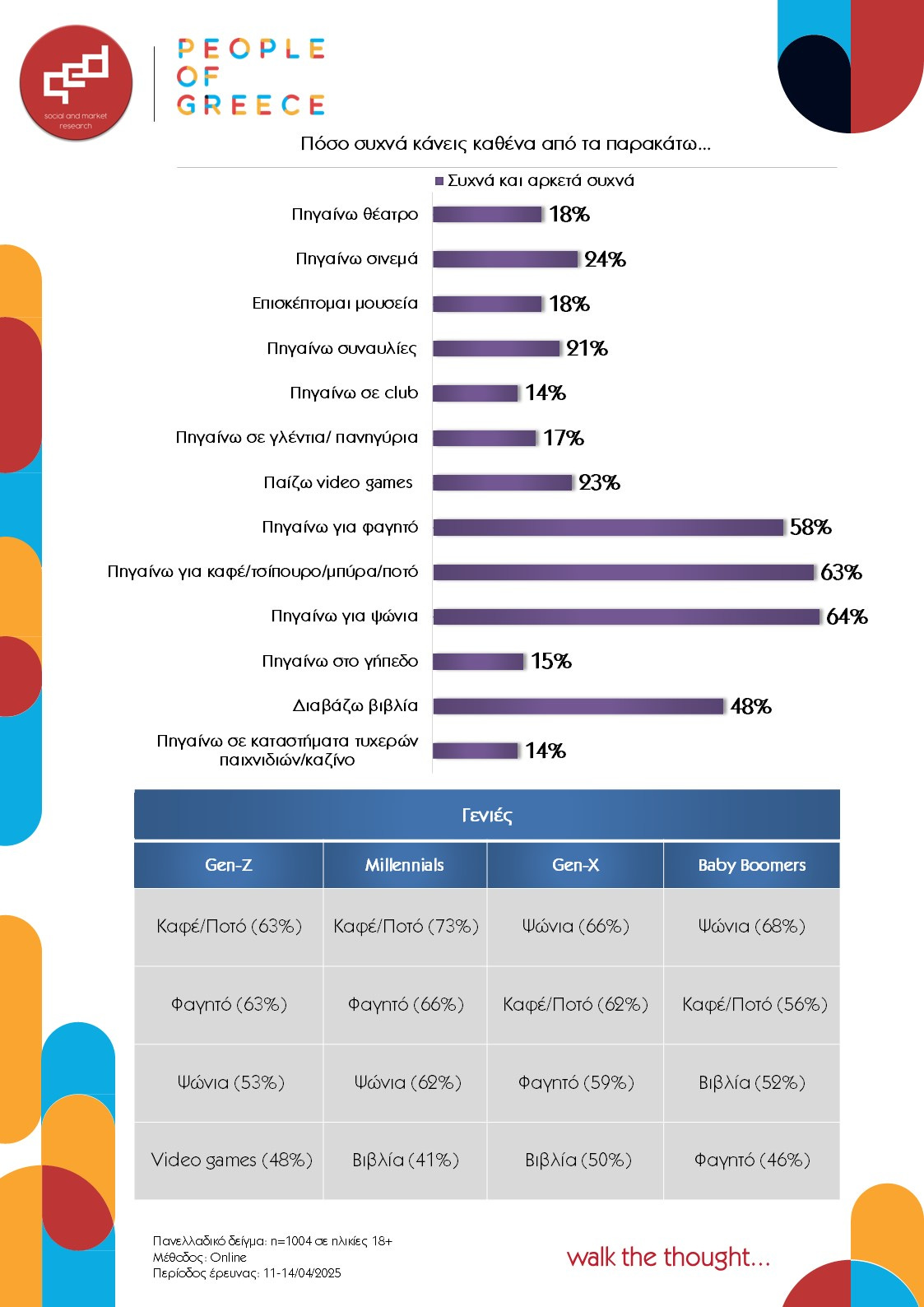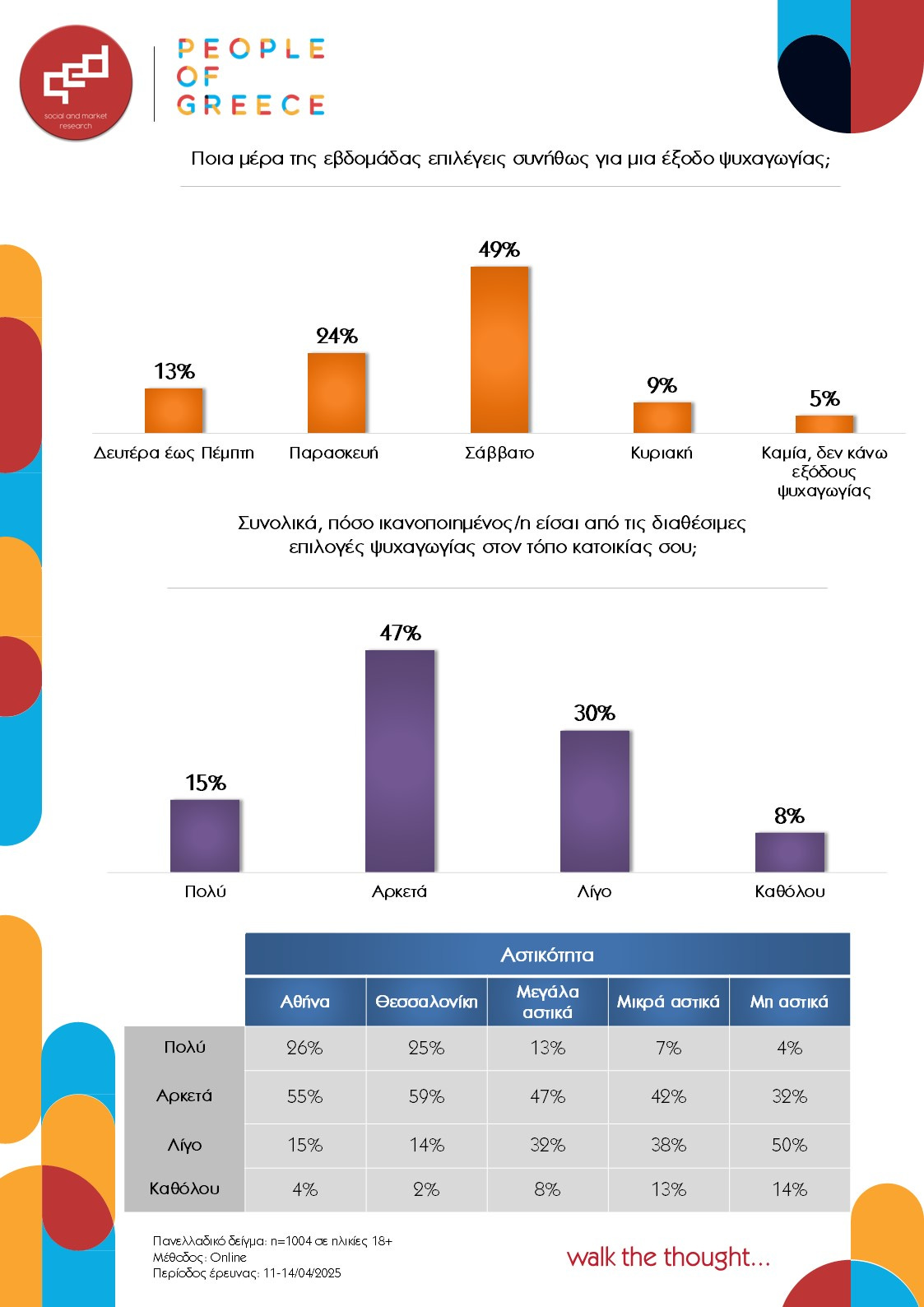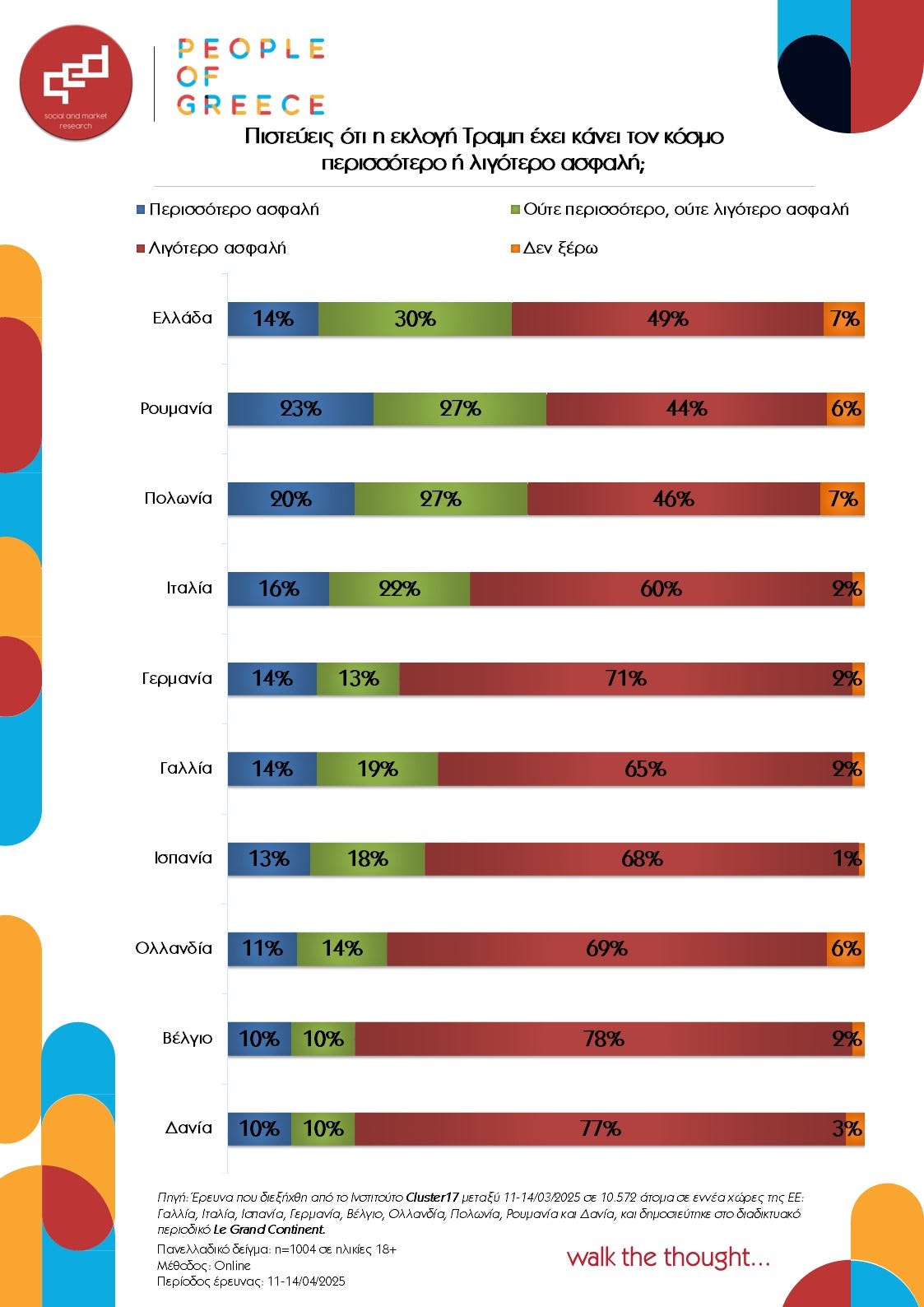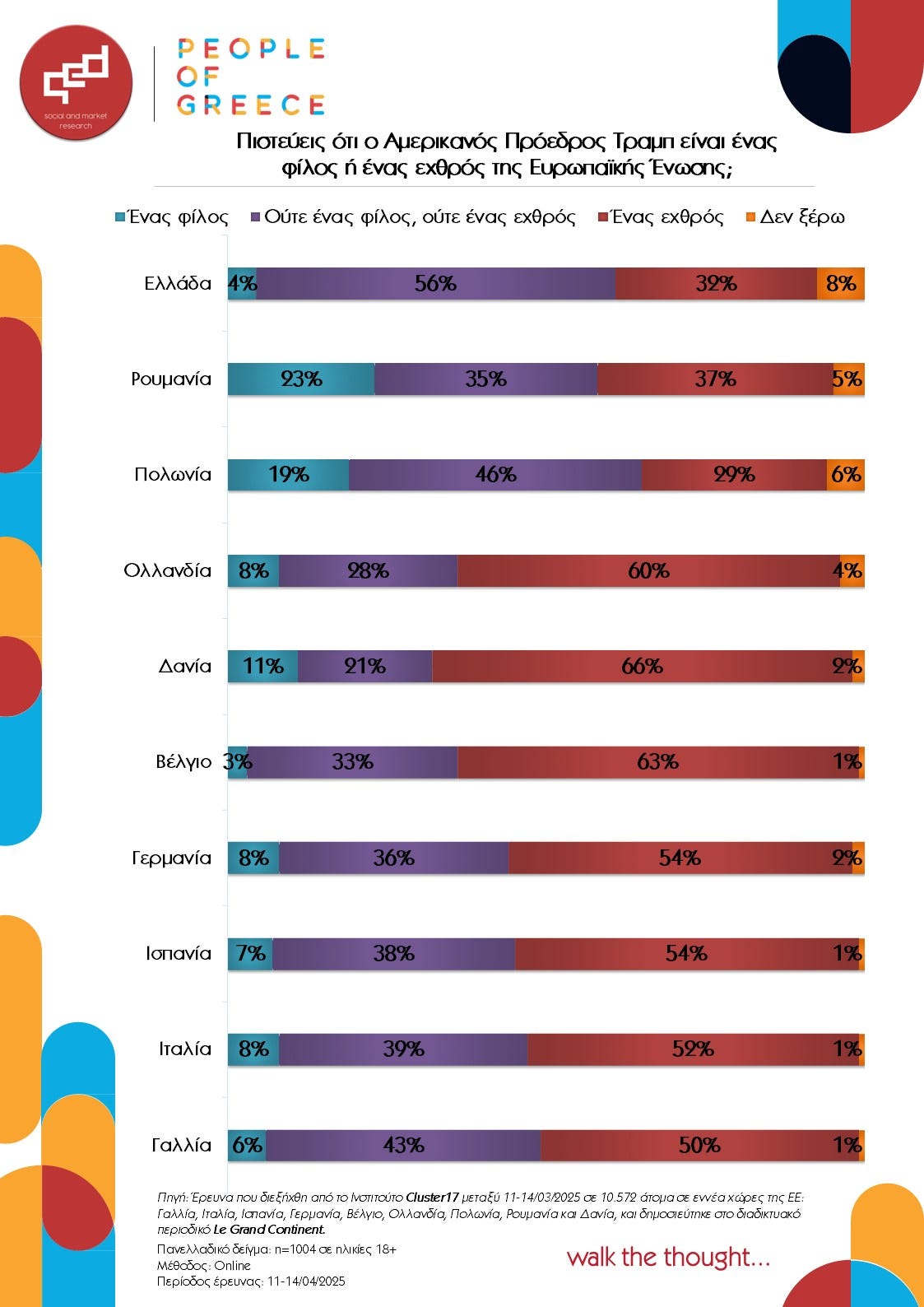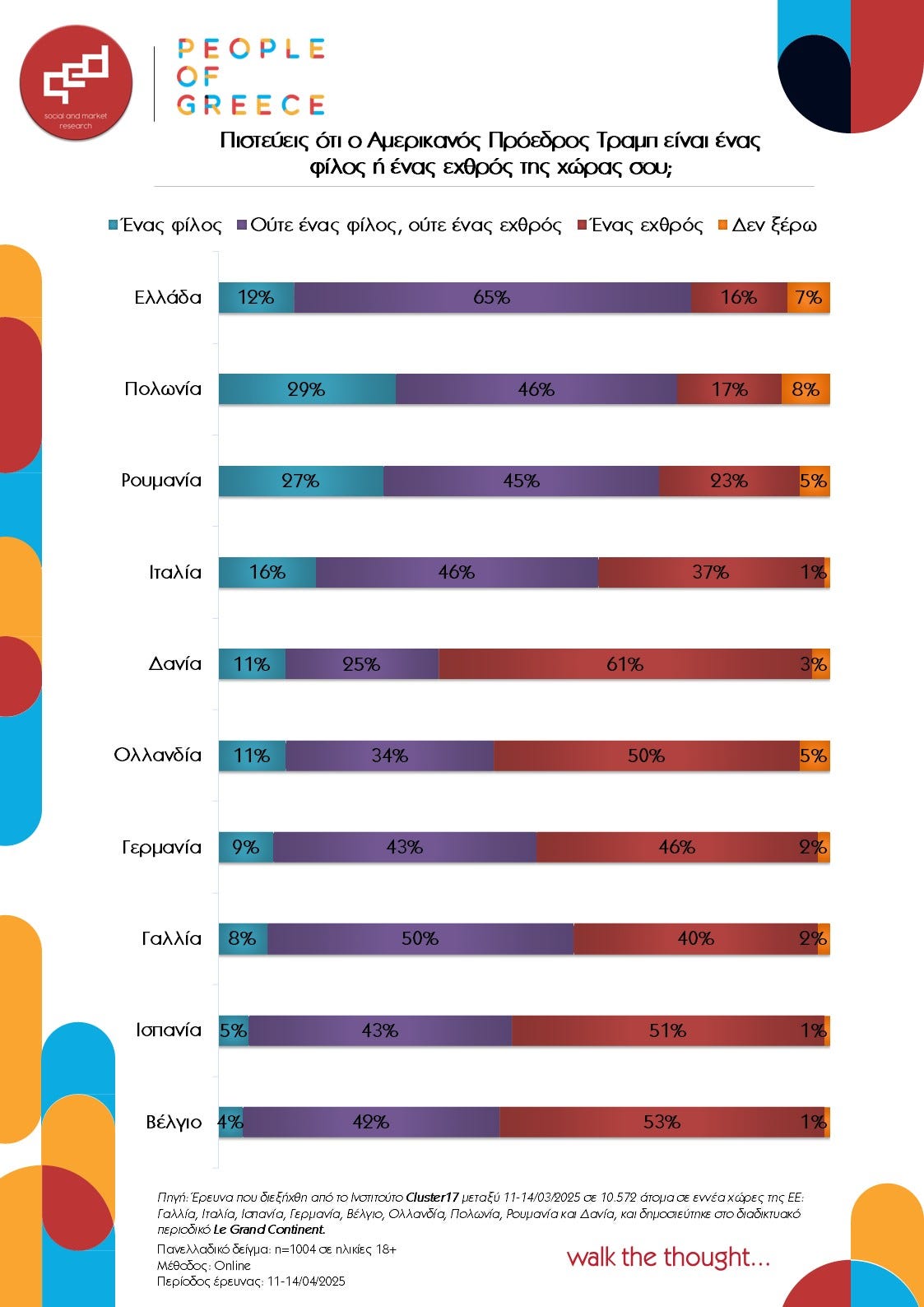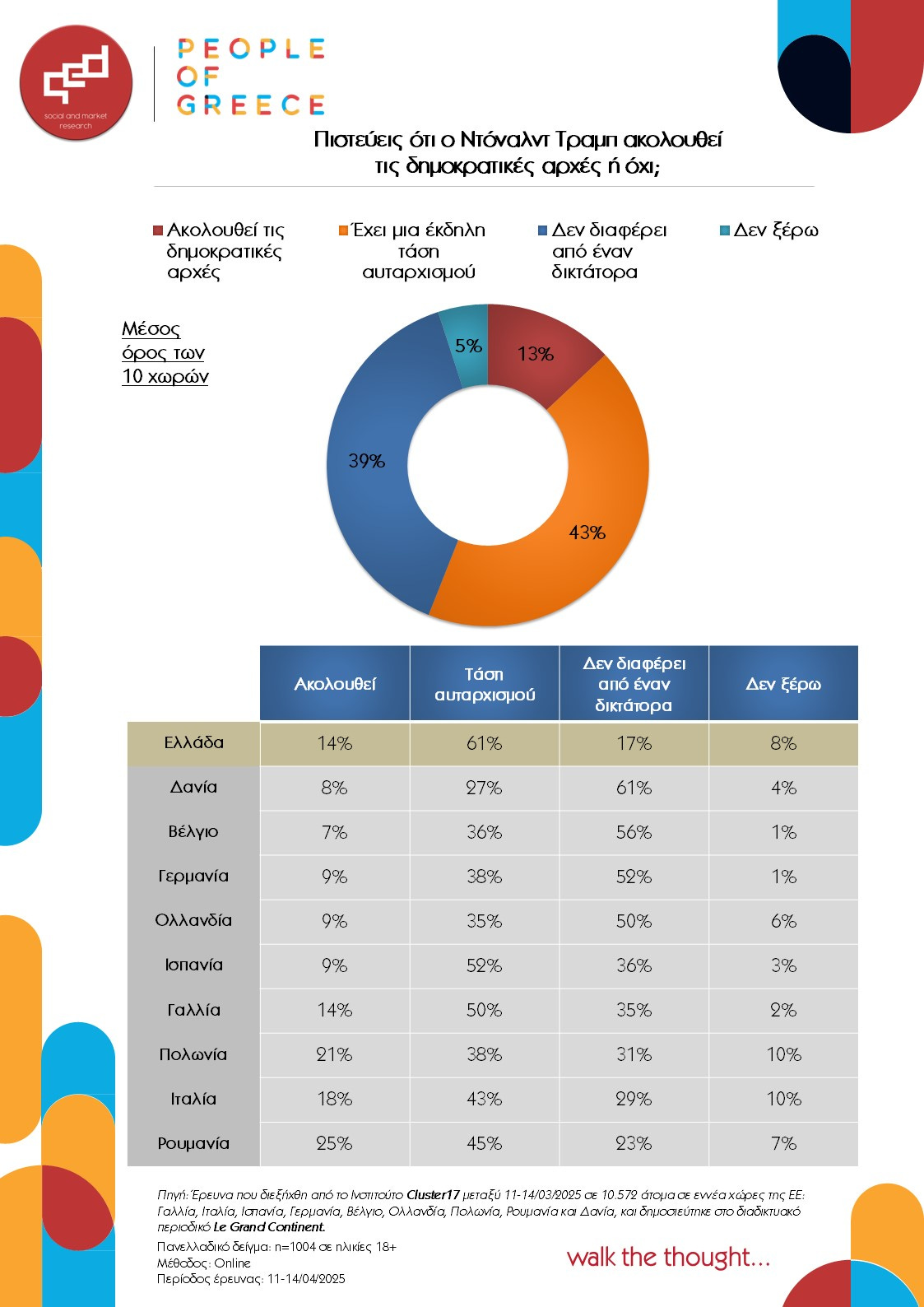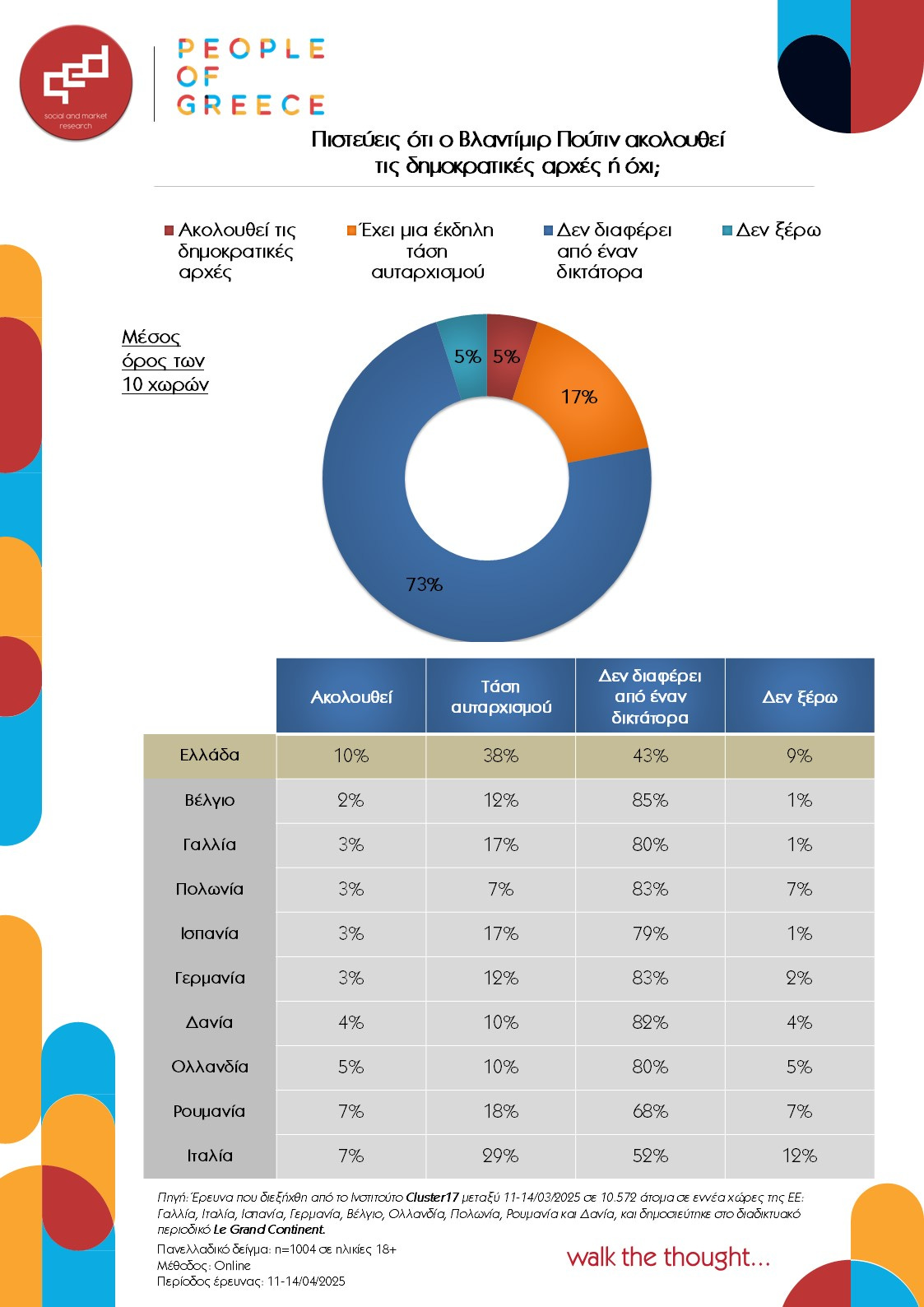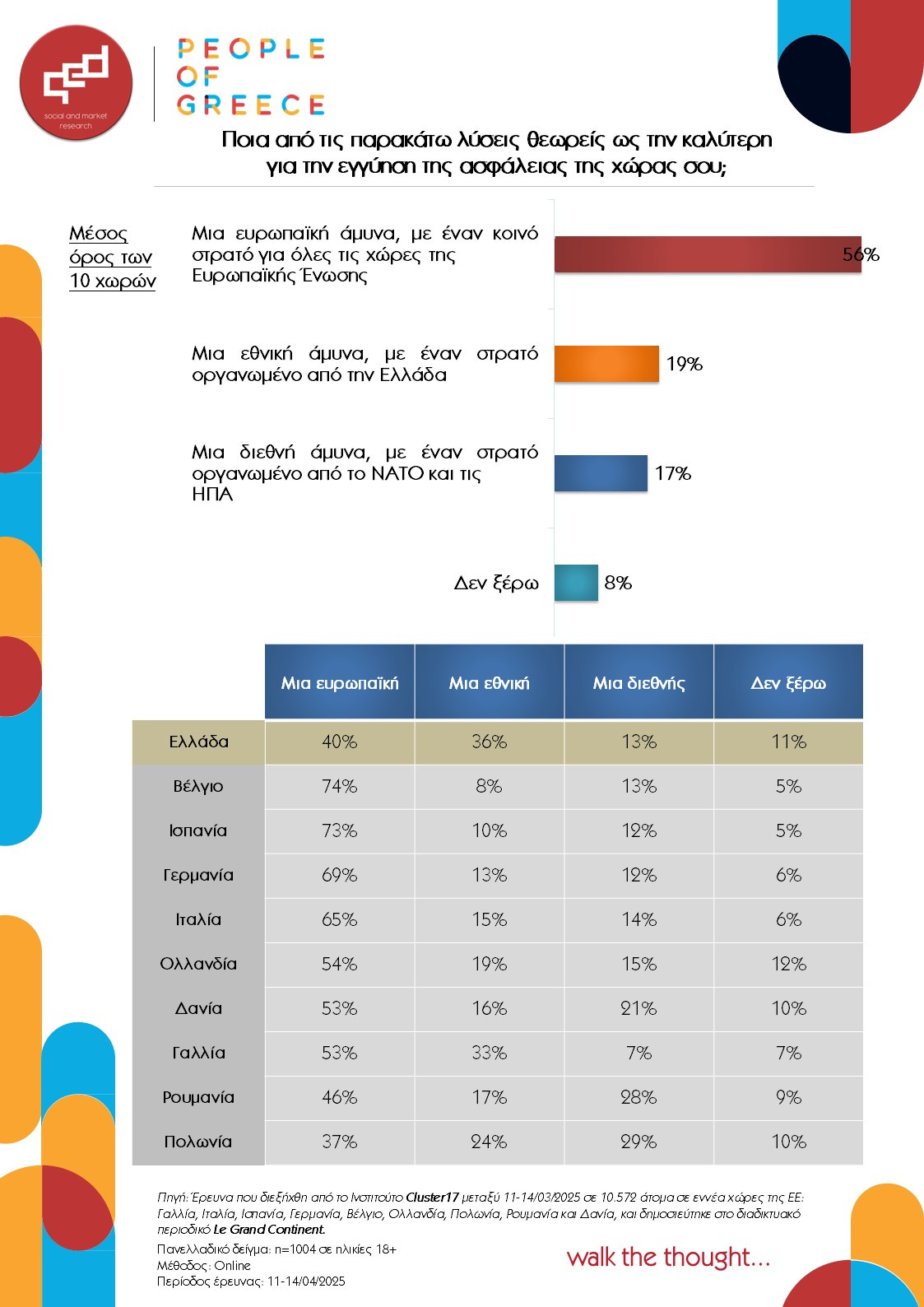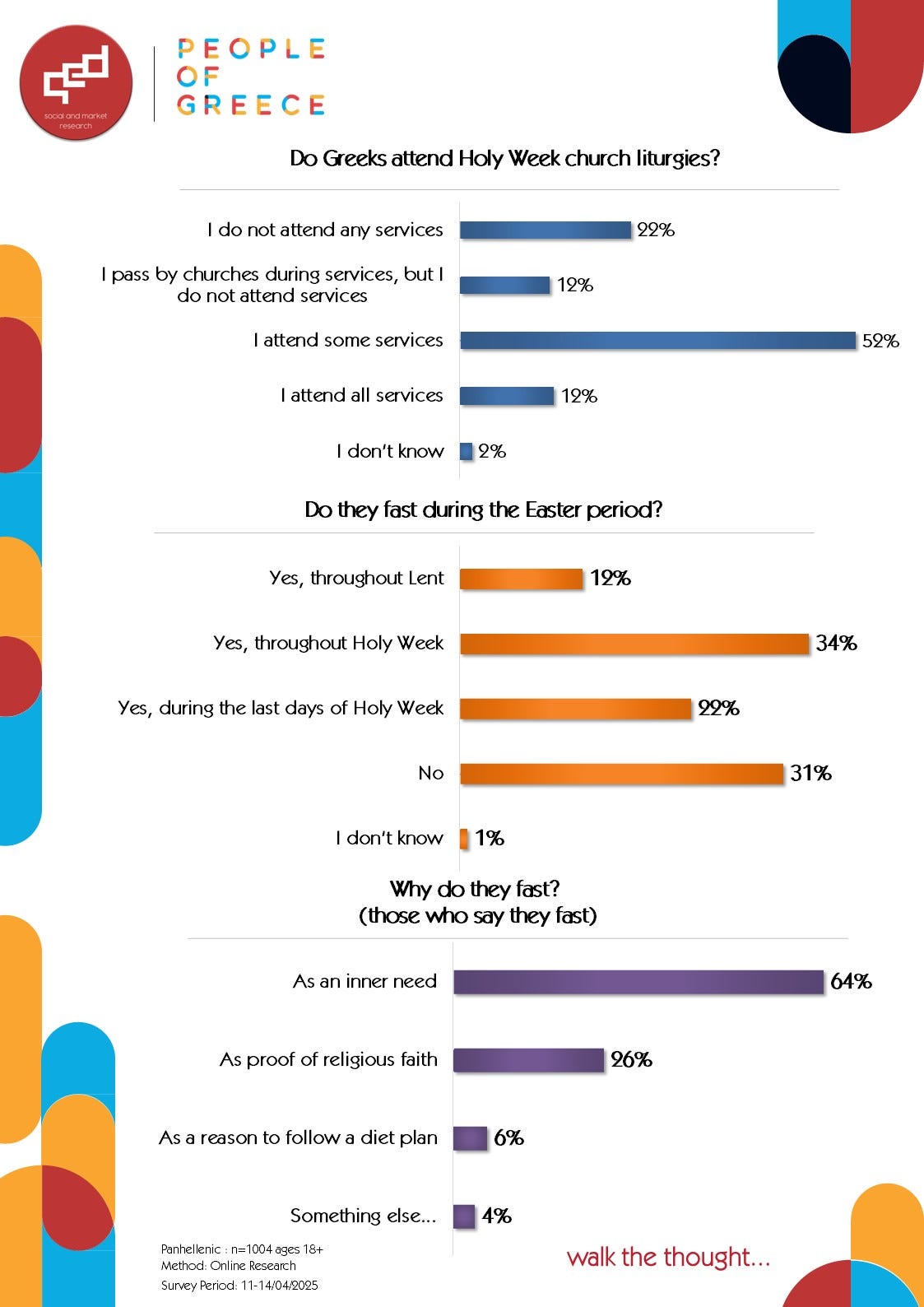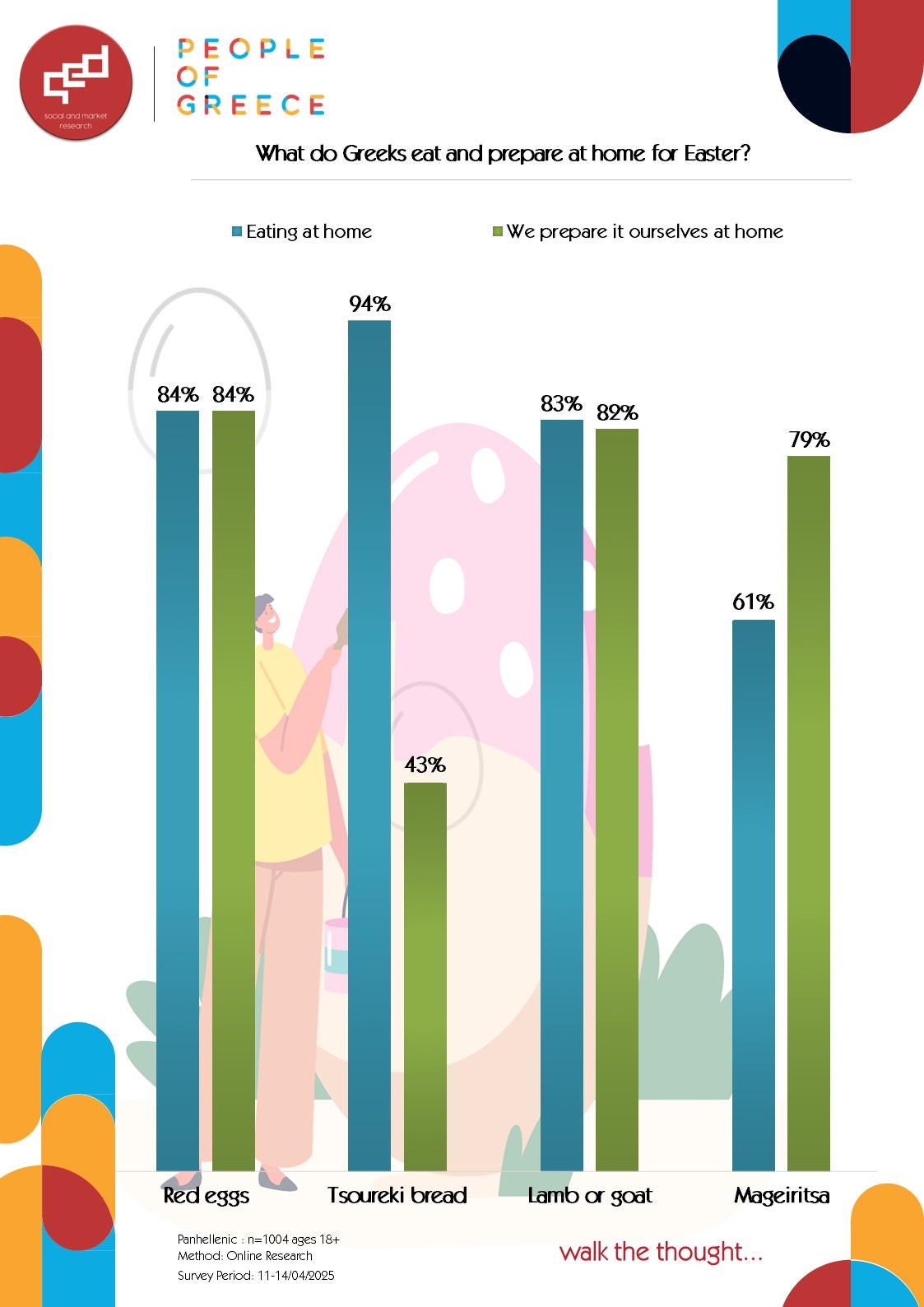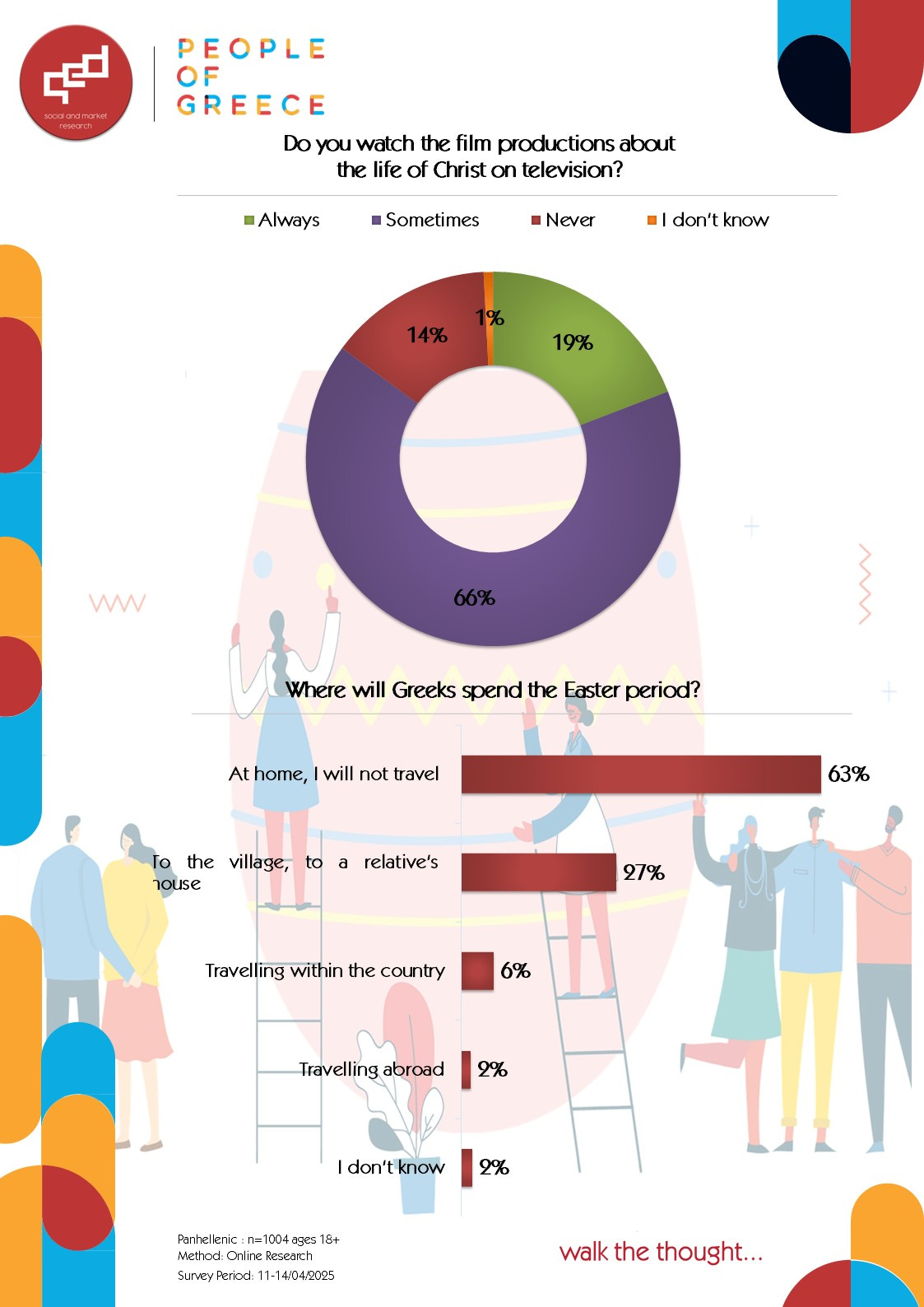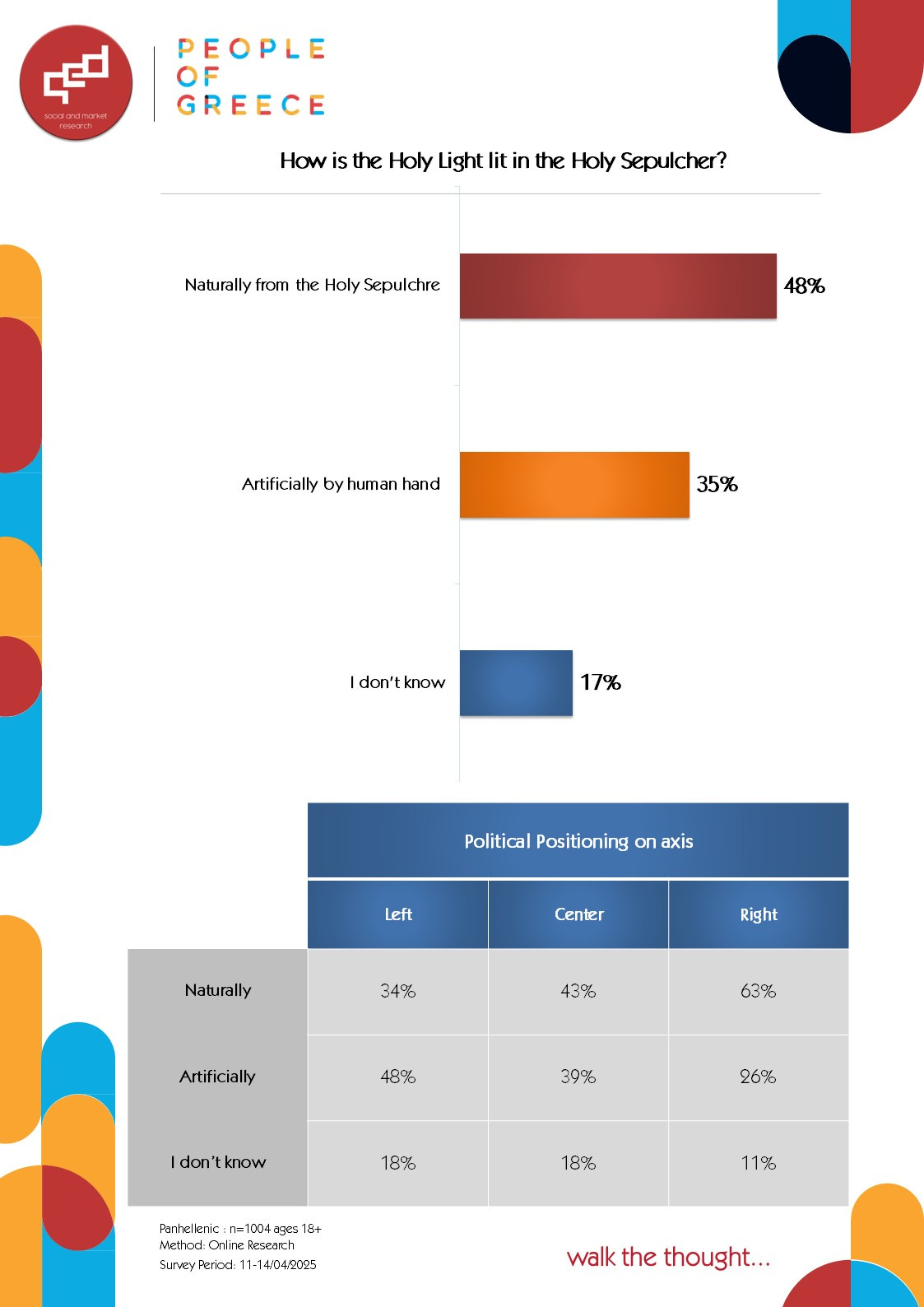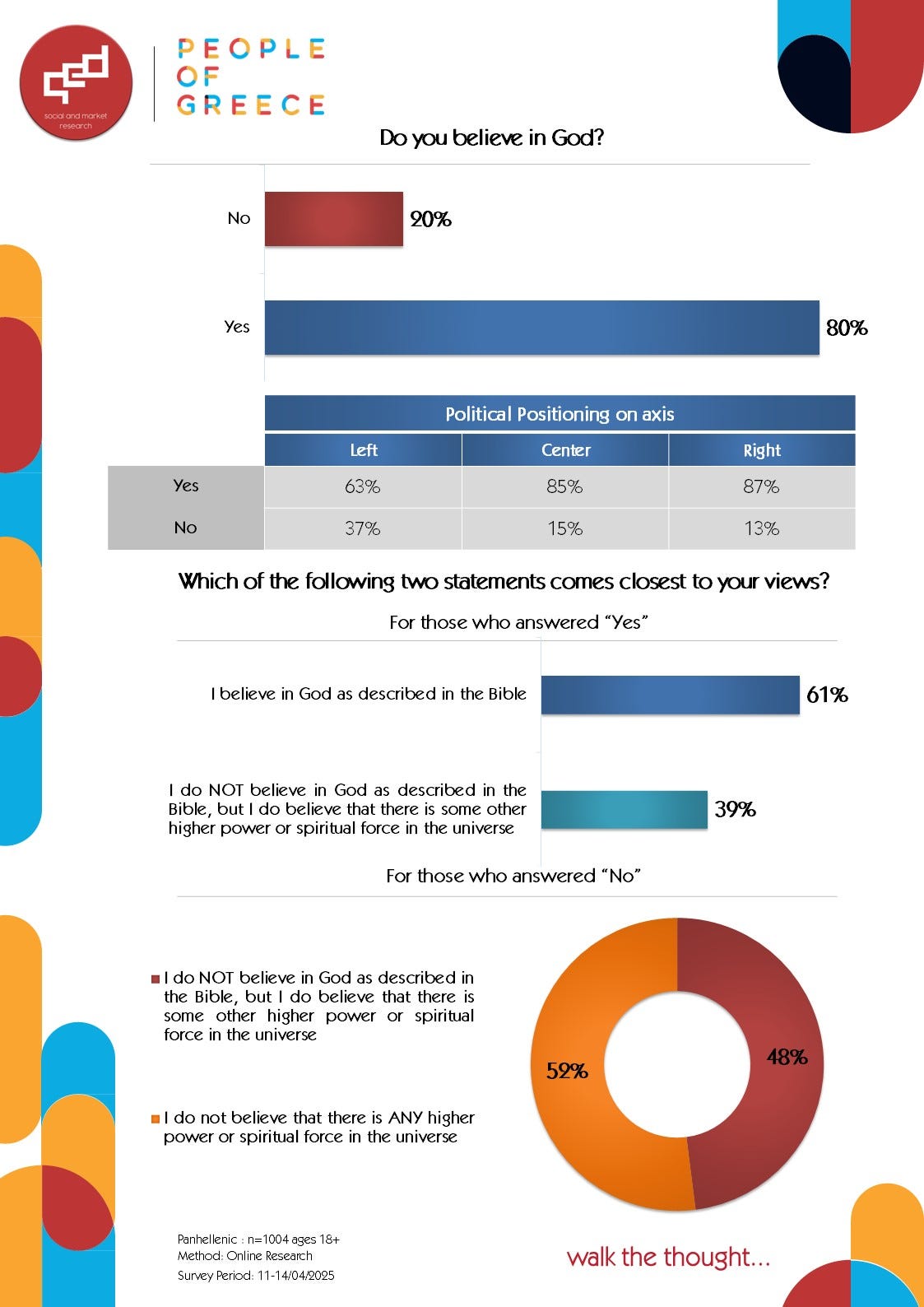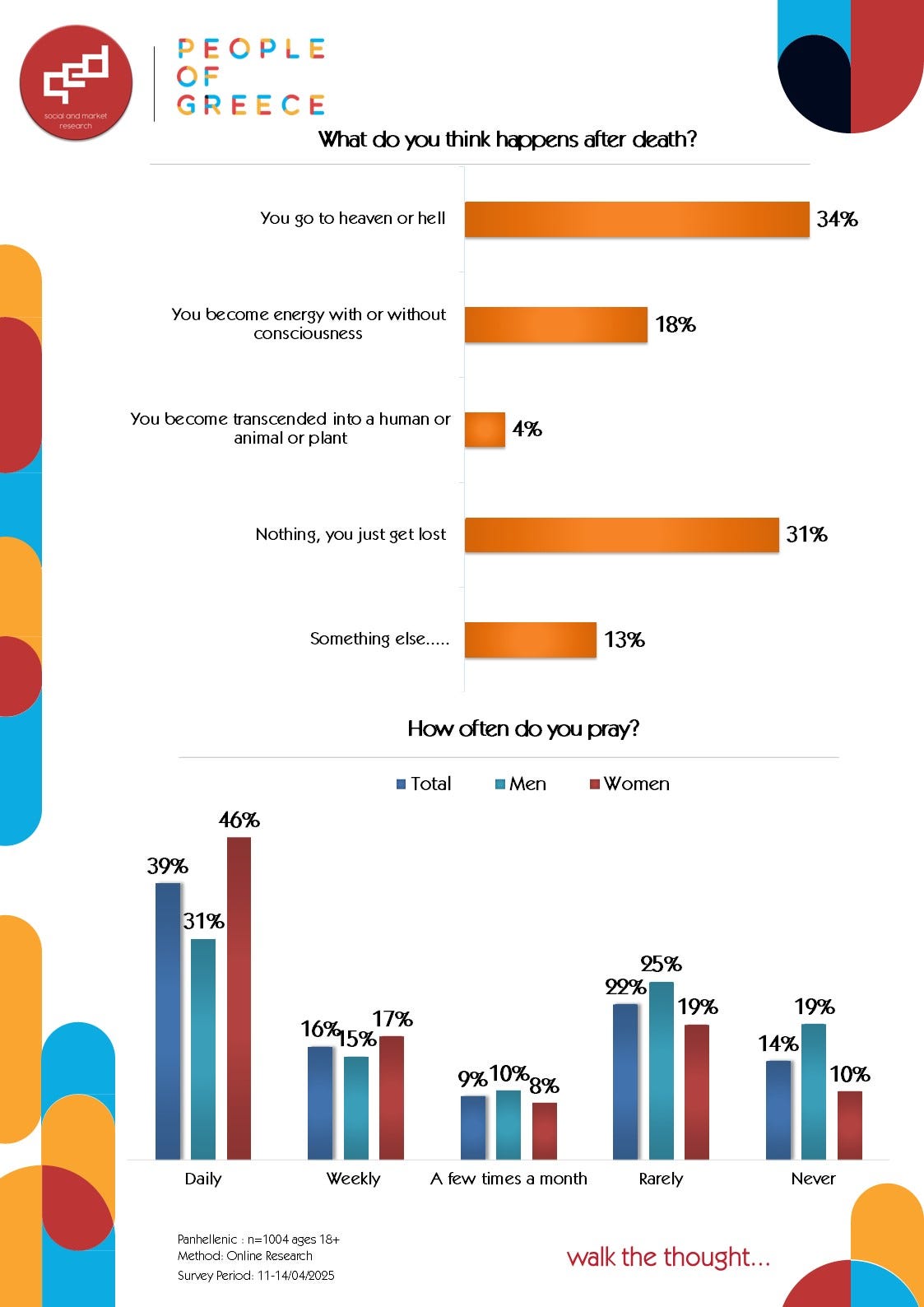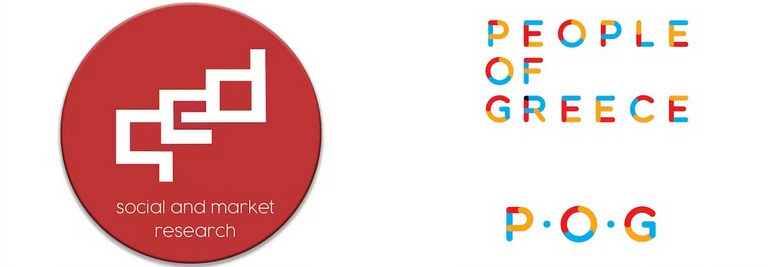
This week, the People of Greece research platform recorded the views of Greeks on new government measures to tackle youth violence and delinquency, the evaluation of public services by citizens, the ban on building on small plots of land in small settlements, as well as their views on the recent US-Ukraine deal on the exploitation of the latter’s minerals.
The findings show that:
- The government gains the positive reaction of the vast majority of society to the new measures to address youth violence and for citizens’ evaluation of public services, but the gains are unstable given the skepticism of a large part of society about their effectiveness.
- The issues that affect a smaller part of the electorate, such as the ban on building on small plots in small settlements, for which a strong majority opposition was registered, may become more influential in the vote because they go to the core of citizens’ economic interests.
- Greek society continues to appear divided on the issue of the development of the war in Ukraine, with those on the left and center placing more emphasis on the need for a just solution and those on the right placing more emphasis on the need for pragmatism.
See in detail the opinion of Greeks in the infographics below.
National Strategy against Violence and Delinquency of Young People
- Social work, instead of expulsion of students accused of bullying, and strengthening the presence of psychologists in schools are listed as the most useful measures of the National Strategy against Violence and Delinquency of Young People. The measure of social work is most popular in the older age groups and the measure of strengthening the presence of psychologists in the younger age groups.
- The measure of operating a platform for victims to record incidents of bullying is not considered particularly useful, although almost nine out of ten Greeks would encourage a victim of bullying to register.
- Greeks remain skeptical about the effectiveness of the National Strategy measures, with those younger and more familiar with the phenomenon appearing slightly more optimistic.


Citizens’ evaluation of public services
- Almost nine out of ten Greeks say they will use the public service evaluation platform announced by the government, although four out of ten believe that the measure will not ultimately improve the functioning of public services, because the evaluations will not be used by the administrations of the services.

Constructible plots of land
- Two out of three Greeks say that the government’s measure to ban building on small plots of land located in small settlements makes them angry. The reaction of ND voters is no different from that of the population as a whole.

US-Ukraine agreement on rare earths management
- Four out of ten Greeks describe the US-Ukraine agreement on the exploitation of the latter’s mineral wealth as unfair, while three out of ten Greeks describe it as substantial. Those who position themselves on the left or centre are more likely to describe it as unfair.
- Most Greeks believe that Russia will not accept the agreement between the US and Ukraine.




















